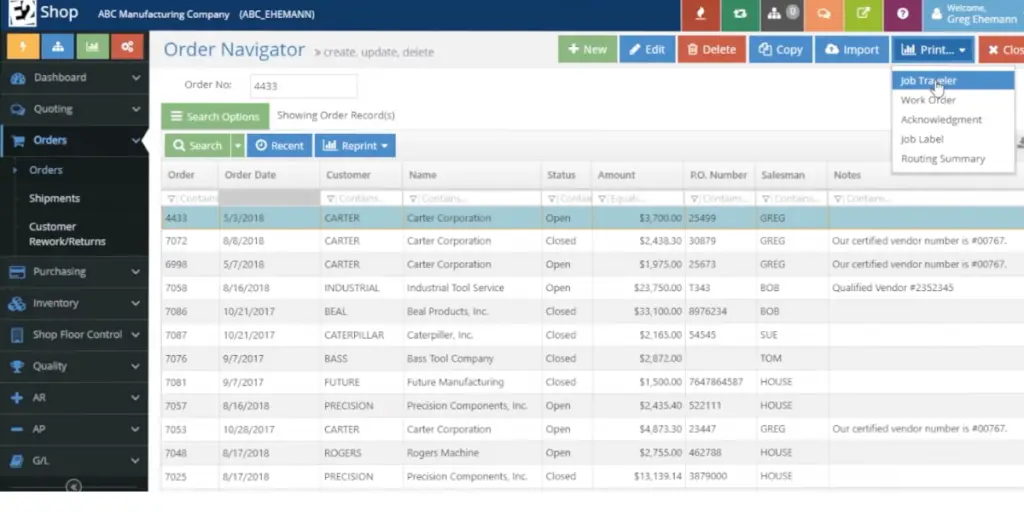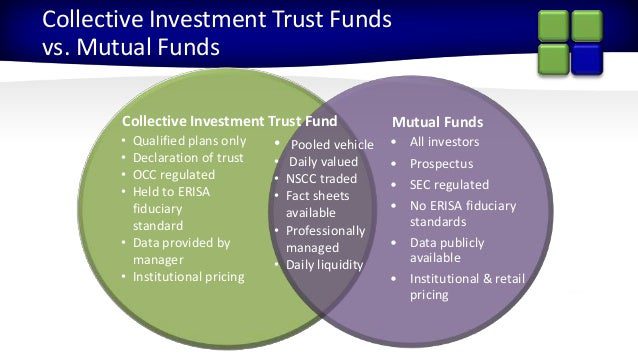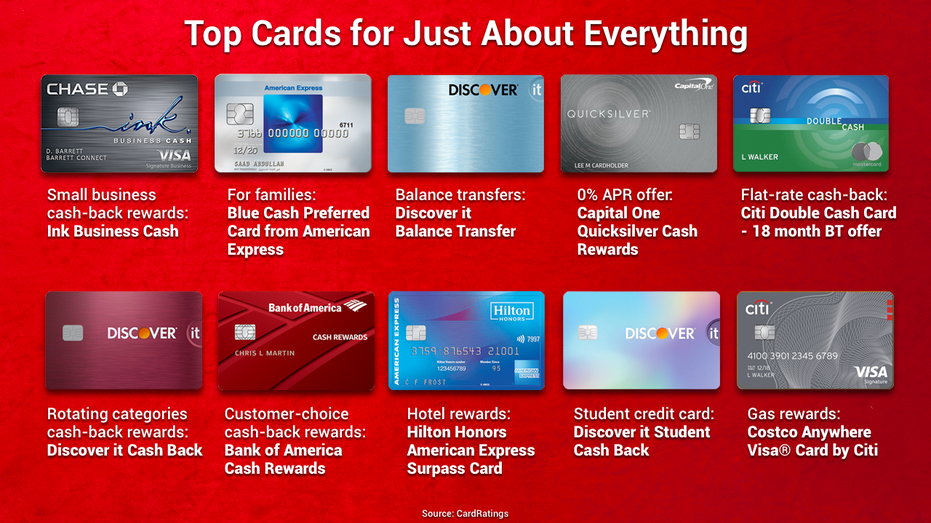The Ultimate Guide to ERP Shop Systems
The Ultimate Guide to ERP Shop Systems
Welcome to the ultimate guide to ERP shop systems! If you’re a business owner looking to streamline your operations and improve efficiency, you’ve come to the right place. ERP shop systems are powerful tools that can help you manage everything from inventory and sales to customer relationships and finances. In this comprehensive guide, we’ll walk you through the ins and outs of ERP shop systems, covering everything you need to know to make an informed decision for your business.
Understanding ERP Shop and Its Benefits
ERP Shop is a comprehensive software solution that helps businesses manage their resources, operations, and information in a streamlined manner. It integrates various functions such as finance, human resources, inventory management, customer relationship management, and more into one cohesive system. This allows for better communication and collaboration among different departments within an organization.
One of the primary benefits of using an ERP Shop is improved efficiency. By centralizing all data and processes, employees can access information quickly and easily, reducing the time spent searching for information across multiple systems. This leads to increased productivity and faster decision-making, ultimately resulting in cost savings for the business.
Furthermore, ERP Shop provides real-time insights and analytics to help businesses make informed decisions. By collecting data from various sources and generating reports and dashboards, managers can monitor key performance indicators and trends to identify areas for improvement or growth. This visibility into the business operations enables more strategic planning and better outcomes.
Another advantage of using an ERP Shop is increased collaboration and communication within the organization. With all departments sharing the same system and data, employees can work together more efficiently and effectively. For example, sales teams can access real-time inventory information to provide accurate delivery estimates to customers, while finance can generate invoices based on sales orders without delay. This seamless integration across functions improves customer service and satisfaction.
Moreover, ERP Shop helps businesses comply with regulatory requirements and standards by maintaining accurate and up-to-date records. This reduces the risk of errors and non-compliance, which can result in costly fines and damage to the company’s reputation. By automating processes and ensuring data integrity, businesses can demonstrate transparency and accountability to stakeholders.
In conclusion, ERP Shop is a valuable tool for businesses looking to streamline their operations, improve efficiency, and gain a competitive edge in the market. By centralizing data and processes, providing real-time insights, promoting collaboration, and ensuring compliance, ERP Shop offers a wide range of benefits to organizations of all sizes and industries. It is essential for companies to invest in a robust ERP Shop solution to drive growth, innovation, and success in today’s fast-paced business environment.
Key Features of ERP Shop Software
ERP Shop software offers a wide range of features that make it an essential tool for businesses. One of the key features of ERP Shop software is its ability to streamline and automate various business processes. This means that tasks such as inventory management, order processing, and customer relationship management can be handled efficiently and effectively.
Another important feature of ERP Shop software is its integration capabilities. ERP Shop software can be integrated with other business systems such as accounting software, CRM systems, and e-commerce platforms. This integration allows for seamless communication between different departments within a business and ensures that all systems are working in sync.
Additionally, ERP Shop software offers robust reporting and analytics capabilities. Businesses can generate custom reports and dashboards to track key performance indicators, monitor sales trends, and analyze customer behavior. This data-driven approach helps businesses make informed decisions and identify areas for improvement.
Another key feature of ERP Shop software is its scalability. Whether a business is a small start-up or a large enterprise, ERP Shop software can be customized to meet the specific needs and requirements of the business. As the business grows and evolves, the software can easily adapt and scale to accommodate the changing needs of the business.
ERP Shop software also offers robust security features to protect sensitive business data. With features such as user authentication, data encryption, and access control, businesses can rest assured that their data is safe and secure. This is especially important in today’s digital age, where data breaches and cyber attacks are becoming increasingly common.
Finally, ERP Shop software offers excellent customer support and training resources. Whether a business is new to ERP software or an experienced user, ERP Shop software provides training materials, tutorials, and technical support to ensure that businesses get the most out of their software investment. This level of support is crucial in helping businesses maximize their productivity and efficiency.
How to Choose the Right ERP Shop for Your Business
Choosing the right ERP shop for your business is crucial for the success and efficiency of your operations. With so many options available in the market, it can be overwhelming to make a decision. Here are some important factors to consider when selecting an ERP shop:
1. Industry Experience: When choosing an ERP shop, it is essential to consider their experience in your specific industry. Look for a vendor that has a track record of successfully implementing ERP systems for businesses similar to yours. This industry-specific knowledge can be invaluable in designing a system that meets your unique needs and requirements.
2. Customization Abilities: Every business is different, and your ERP system should be tailored to meet your specific needs. Look for an ERP shop that offers customization services to ensure that the system can be adapted to your workflows and processes. A one-size-fits-all solution may not be suitable for your business, so it is important to choose a vendor that can customize the system to fit your requirements.
3. Scalability and Flexibility: When choosing an ERP shop, it is important to consider the scalability and flexibility of the system. Your business will grow and evolve over time, so it is crucial to choose a system that can grow with you. Look for an ERP shop that offers scalable solutions that can accommodate your business’s changing needs. Additionally, flexibility is key in adapting to new technologies and market trends, so choose a vendor that can easily integrate new functionalities and updates into your system.
4. Training and Support: Implementing an ERP system can be a complex process, so it is important to choose a vendor that offers comprehensive training and support services. Look for an ERP shop that provides on-site training for your employees to ensure a smooth transition to the new system. Additionally, ongoing support is crucial for troubleshooting issues and maintaining the system’s performance, so make sure the vendor offers timely and reliable support services.
5. Cost and ROI: While cost is an important factor to consider when choosing an ERP shop, it is equally important to evaluate the return on investment (ROI) of the system. Look for a vendor that offers competitive pricing while also providing a system that delivers significant value to your business. Consider the long-term benefits of the ERP system, such as increased efficiency, improved productivity, and better decision-making capabilities, when assessing the ROI of the investment.
By considering these factors when choosing an ERP shop, you can select a vendor that meets your business’s unique needs and helps drive growth and success. Take the time to research and evaluate different options to ensure you make the right decision for your business.
Implementing ERP Shop Successfully in Your Organization
Implementing an ERP Shop in your organization is a crucial decision that can greatly enhance efficiency and streamline your business processes. However, it is important to approach the implementation process carefully to ensure a successful outcome. Here are some key steps to consider when implementing an ERP Shop in your organization:
1. Define your goals and objectives: Before embarking on an ERP implementation, it is important to clearly define your goals and objectives. What are you hoping to achieve with the ERP Shop? Are you looking to improve inventory management, streamline order processing, or enhance customer service? Identifying your key goals will help guide the implementation process and ensure that the ERP Shop is tailored to meet your specific needs.
2. Choose the right ERP system: Selecting the right ERP system is crucial to the success of your implementation. Consider factors such as the size and complexity of your organization, your budget constraints, and the specific features and functionality you require. It is also important to evaluate the reputation and track record of potential ERP vendors to ensure that you are choosing a reliable and reputable provider.
3. Engage key stakeholders: One of the most important factors in a successful ERP implementation is getting buy-in from key stakeholders within your organization. This includes everyone from top management to end-users who will be using the ERP Shop on a daily basis. Engaging stakeholders early on in the process, soliciting their feedback, and involving them in decision-making can help ensure that the ERP system meets the needs of all users and is embraced by the organization as a whole.
4. Develop a comprehensive training plan: One of the most common reasons for ERP implementation failures is a lack of adequate training for end-users. To ensure a successful implementation, it is essential to develop a comprehensive training plan that provides users with the knowledge and skills they need to effectively utilize the ERP Shop. This may include training sessions, online tutorials, user manuals, and ongoing support resources. By investing in proper training, you can help ensure that your employees are comfortable with the new system and are able to maximize its potential.
5. Establish clear communication channels: Effective communication is essential throughout the ERP implementation process. Make sure to keep all stakeholders informed of key milestones, progress updates, and any potential challenges or roadblocks. Encouraging open communication and transparency can help build trust and support for the implementation process, as well as identify and address any issues before they become major problems.
6. Monitor and evaluate your progress: Once the ERP system is up and running, it is important to continually monitor and evaluate its performance. Keep track of key metrics such as efficiency improvements, cost savings, and user satisfaction levels. Regularly review feedback from users and stakeholders to identify any areas for improvement and make adjustments as needed. By staying proactive and responsive, you can ensure that your ERP Shop continues to meet the needs of your organization and delivers the expected benefits.
By following these key steps and best practices, you can increase the likelihood of a successful ERP implementation in your organization. Remember that ERP implementation is a complex process that requires careful planning, collaboration, and ongoing support. With the right approach and dedication, you can leverage your ERP Shop to drive efficiency, productivity, and growth within your organization.
The Future of ERP Shop Technology
ERP Shop technology is constantly evolving to meet the changing needs of businesses in today’s fast-paced digital world. With advancements in artificial intelligence, machine learning, data analytics, and cloud computing, the future of ERP Shop technology looks promising.
1. Artificial Intelligence and Machine Learning
One of the most exciting developments in ERP Shop technology is the integration of artificial intelligence and machine learning capabilities. These technologies allow ERP systems to automate repetitive tasks, analyze data more efficiently, and make data-driven predictions. With AI and ML, ERP Shop technology can streamline processes, improve decision-making, and enhance overall efficiency.
2. Real-Time Data Analytics
Real-time data analytics is another key trend shaping the future of ERP Shop technology. Businesses are increasingly relying on data-driven insights to make informed decisions and stay ahead of the competition. With real-time analytics capabilities, ERP systems can provide instant access to critical data, enabling businesses to react quickly to changing market conditions and customer demands.
3. Mobility and Accessibility
As more employees work remotely or on-the-go, mobility and accessibility have become essential features of ERP Shop technology. Modern ERP systems are designed to be accessed from any device, anywhere, at any time. This allows employees to stay connected, collaborate effectively, and access real-time information on the go.
4. Cloud Computing
Cloud computing is revolutionizing the way businesses deploy and manage ERP systems. Cloud-based ERP solutions offer scalability, flexibility, and cost-effectiveness, making them an attractive option for businesses of all sizes. With cloud computing, ERP Shop technology can be easily deployed, updated, and accessed from anywhere, reducing the need for on-premise hardware and IT infrastructure.
5. Personalization and Customization
In the future, ERP Shop technology will focus on providing more personalized and customizable solutions to meet the unique needs of each business. With advancements in technology, ERP systems can be tailored to specific industries, workflows, and business processes. Customization options allow businesses to optimize their ERP systems for maximum efficiency and effectiveness.
Overall, the future of ERP Shop technology is bright, with advancements in AI, machine learning, data analytics, cloud computing, and customization driving innovation and efficiency. As businesses continue to embrace digital transformation, ERP systems will play a crucial role in streamlining processes, improving decision-making, and driving growth in the global marketplace.






